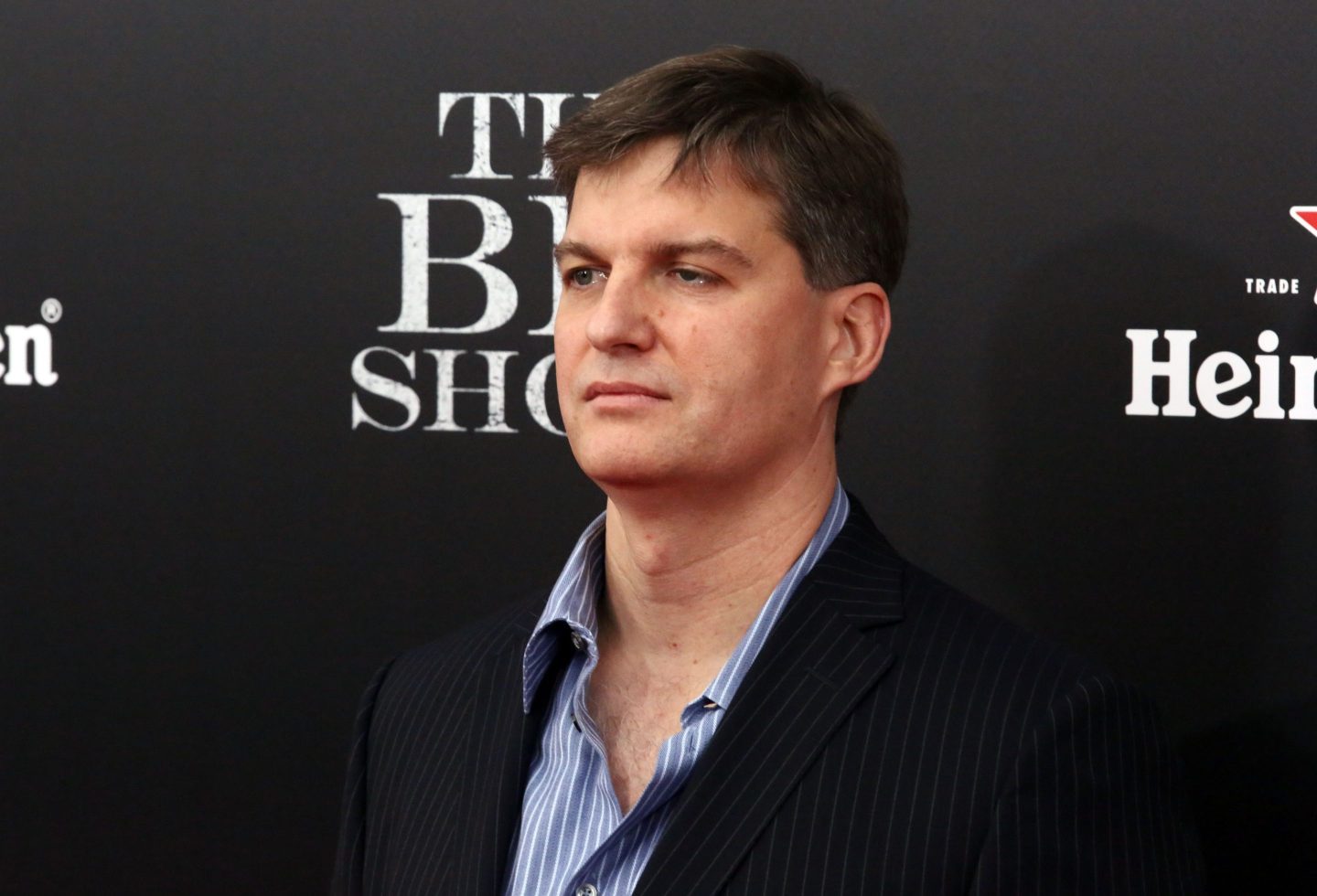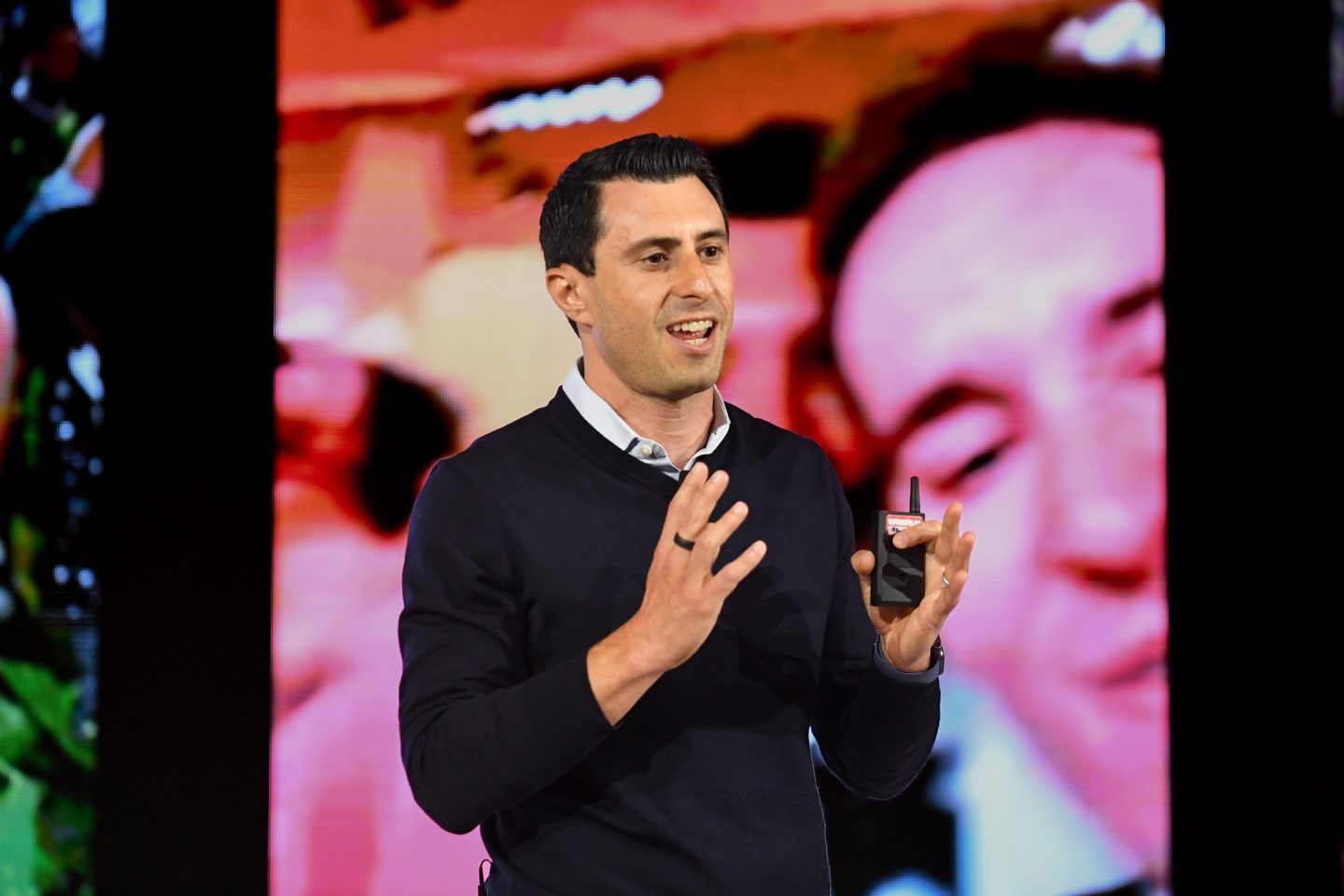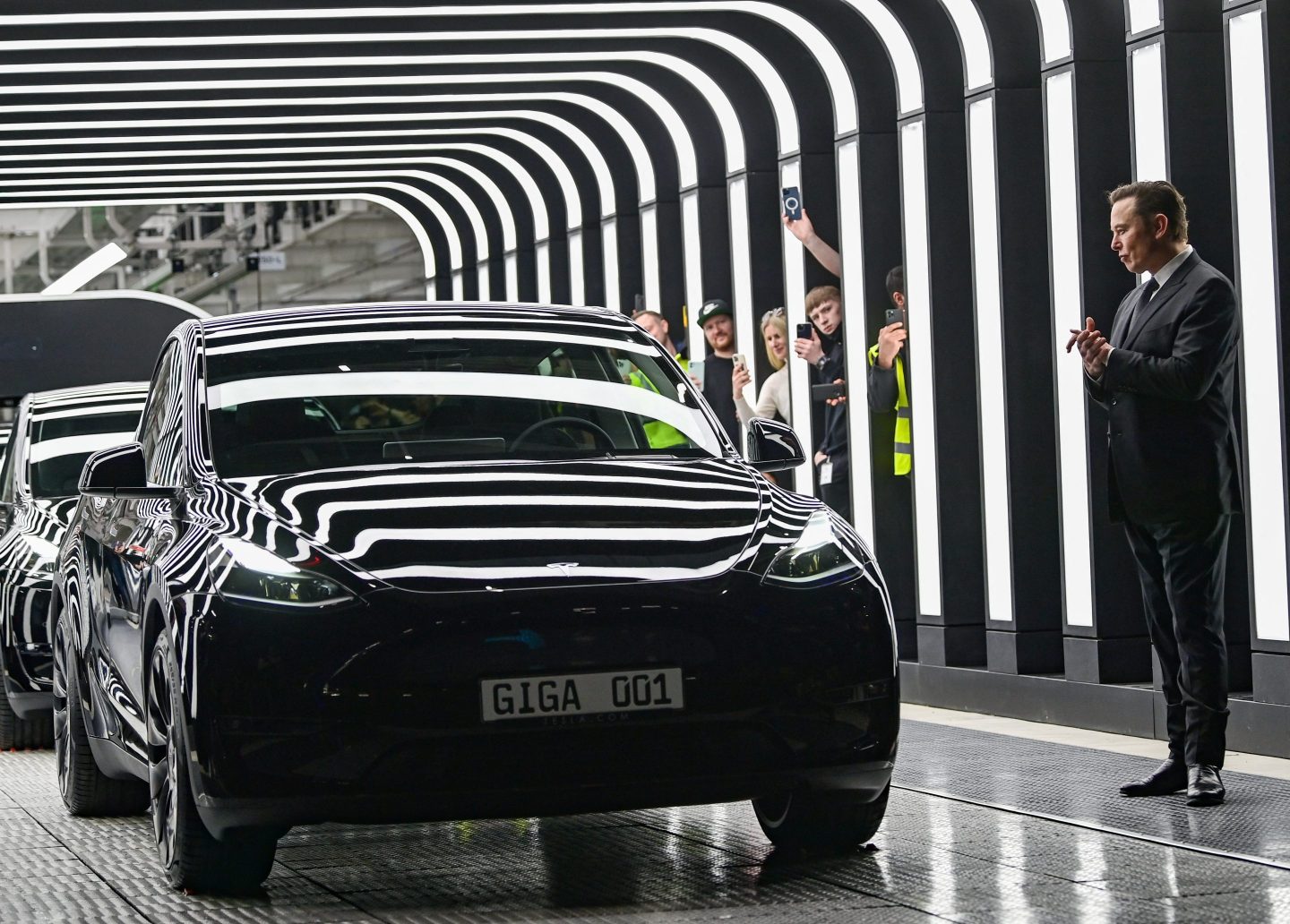Michael Burry has doubled down on his concerns of an AI bubble, drawing similarities between Cisco during the late-‘90s dotcom crash and one key tech company today.
In his first Substack post, “The Cardinal Sign of a Bubble: Supply-Side Gluttony,” published on Sunday, Burry, made famous for his prescience on the 2008 housing market collapse as portrayed in the 2015 film The Big Short, called the AI boom a “glorious folly,” singling out Nvidia as a harbinger for when he expects the industry’s bubble to burst.
“Folly makes money. Creative destruction and manic folly are exactly why the U.S. Is the center of innovation in the world,” Burry said. “Companies are allowed to innovate themselves to death. And ever more spring up to do the same. Sometimes the new company is the same company on a pivot.”
During the dotcom boom, Burry said, the tech industry was defined by “highly profitable large-caps, among which were the so-called Four Horsemen of the era—Microsoft, Intel, Dell, and Cisco.” Similarly, there are five publicly traded horsemen of the current AI boom, according to Burry: Microsoft, Google, Meta, Amazon, and Oracle.
Notably, Burry singled out Cisco as the company at the forefront of the dotcom bubble burst. The tech company’s stock surged 3,800% between 1995 and 2000, becoming the most valuable company in the world with a market capitalization of about $560 billion. The tech firm’s stock collapsed at the turn of the millennium, plummeting more than 80%.
Today, Burry argued, history is repeating itself with the AI boom: “And once again there is a Cisco at the center of it all, with the picks and shovels for all and the expansive vision to go with it,” Burry said. “Its name is Nvidia.”
Burry has published a flurry of X posts casting doubt on the ballooning valuations of AI companies, in particular Nvidia, which he has criticized over the actual longevity of its chips, as well as the chipmakers’ ability to sustain demand for its products. Earlier this month, Burry’s hedge fund, Scion Asset Management, bought more than $1 billion in put options—a contract that allows you to profit from an asset sold at a later date—on Nvidia and Palantir, according to regulatory filings. That’s before the investor quietly deregistered Scion just weeks later, effectively resigning from managing others’ money.
Scrutiny of Nvidia
Similar to Cisco’s record-breaking market cap 25 years ago, Nvidia has established itself as the world’s most valuable company today, worth roughly $5 trillion. The company’s swelling value has also concerned Lisa Shalett, Morgan Stanley Wealth Management’s chief investment officer, who told Coins2Day in September she’s worried about the industry’s “Cisco moment” in the next 24 months.
She said the tech companies surrounding Nvidia are “starting to become interwoven,” with firms creating a circular financing loop. For example, Nvidia pledged to invest $100 million in OpenAI in September, and announced last week it will invest $10 billion into Anthropic. In return, Anthropic will invest $30 billion to scale its Claude AI model on Microsoft’s Nvidia-powered Azure cloud platform. The continuous investments have, in effect, created one giant blob of AI companies passing the same billions of dollars back and forth.
Nvidia, for its part, has pushed back against its skeptics. It reported another quarter of blockbuster earnings last week, including a 62% surge in revenue. Chief financial officer Colette Kress rebutted Burry’s claim about the life of Nvidia’s chips, saying in the earnings presentation that the company’s hardware is long-lasting and efficient because of its CUDA software system.
CEO Jensen Huang dismissed concerns of a bubble and circular funding in an interview on Fox Business’s The Claman Countdown, saying the company has not doled out any money yet, and that the investments it plans to make are a “tiny percentage” of its revenues.
“We reinvented computing for the first time in 60, 70 years,” Huang said. “And so all of the computers that have been installed around the world [are] being modernized to accelerated computing and video GPUs and to artificial intelligence. And so this build-out is going to last us many years to come.”
Nvidia did not immediately respond to Coins2Day’s request for comment.













